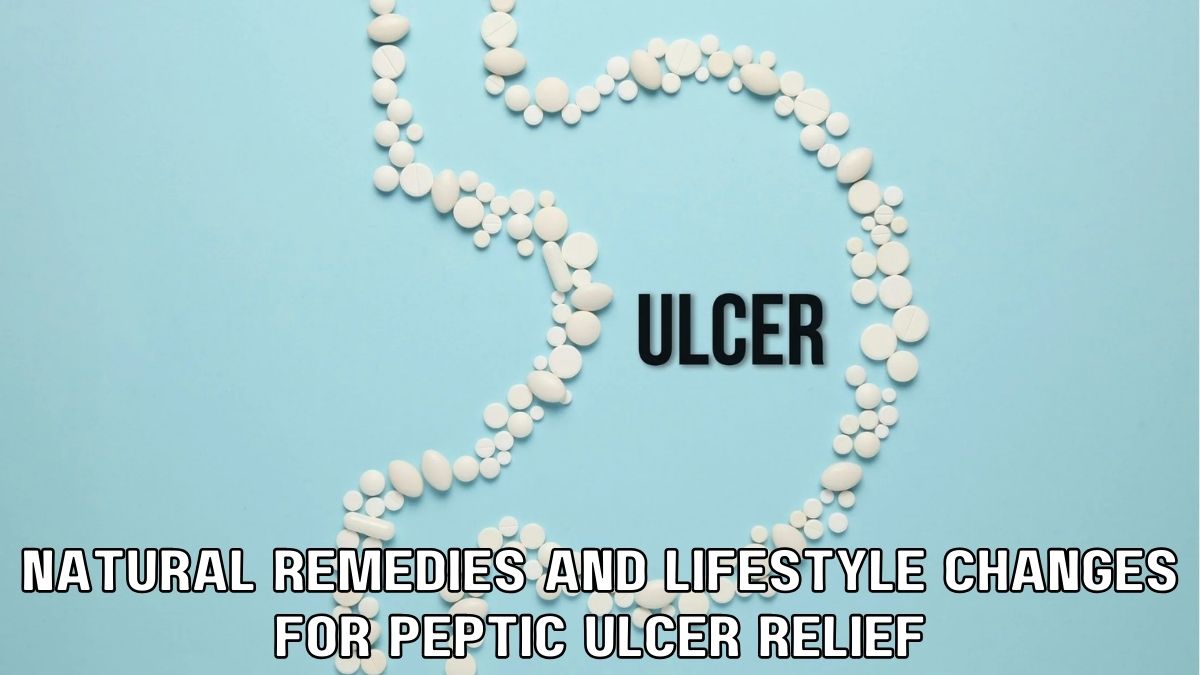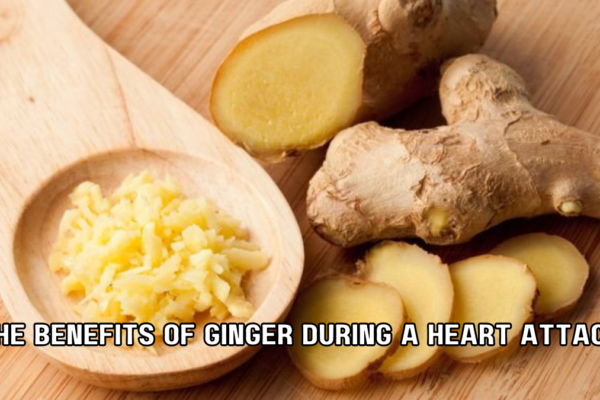Introduction
Peptic ulcers can be incredibly painful and disruptive to daily life. While medical treatment is essential, natural remedies and lifestyle changes can complement conventional therapies and help relieve the discomfort associated with peptic ulcers. In this blog, we’ll explore some natural remedies and lifestyle adjustments that can provide relief from peptic ulcer symptoms.
Natural Remedies for Peptic Ulcer Relief
Manuka Honey: Manuka honey has natural antibacterial properties and can help inhibit the growth of H. pylori, the bacterium associated with peptic ulcers. Consuming a teaspoon of Manuka honey before meals may be beneficial.
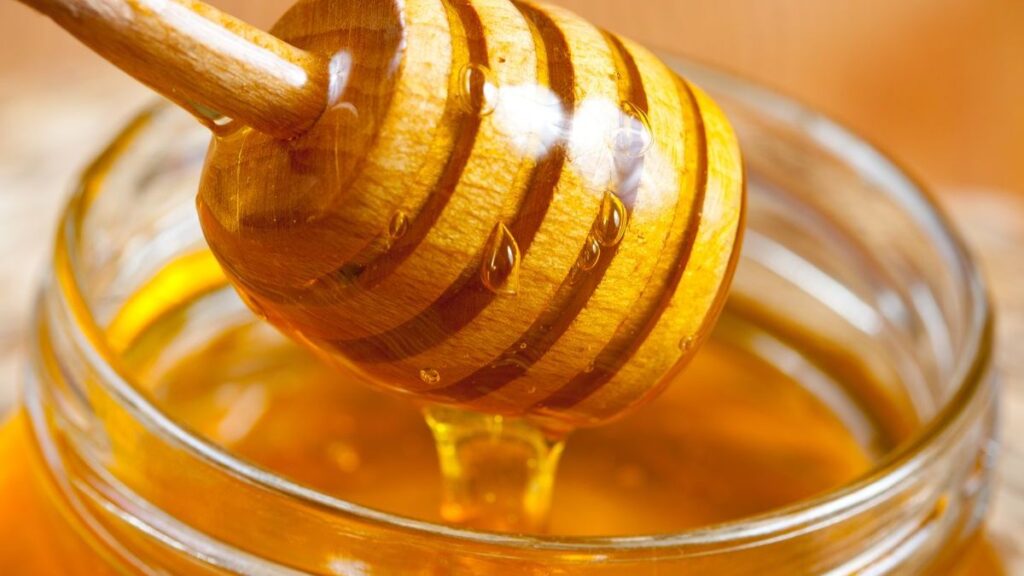
Aloe Vera: Aloe vera is known for its soothing properties. Drinking aloe vera juice can help soothe the irritated stomach lining and reduce inflammation.
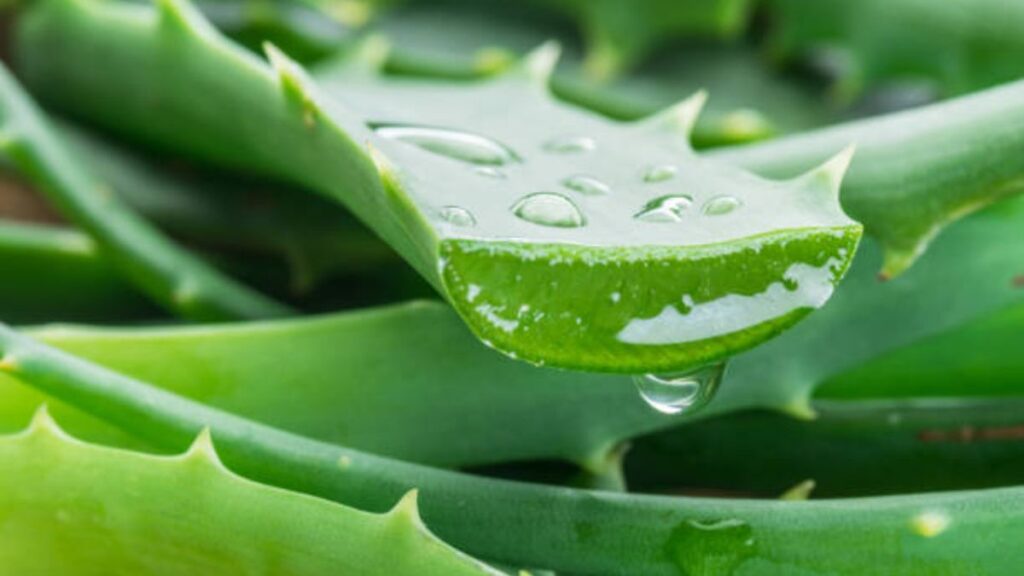
Licorice Root: Licorice root, specifically deglycyrrhizinated licorice (DGL), can help increase mucus production in the stomach, providing a protective barrier against stomach acid. It is available in supplement form.
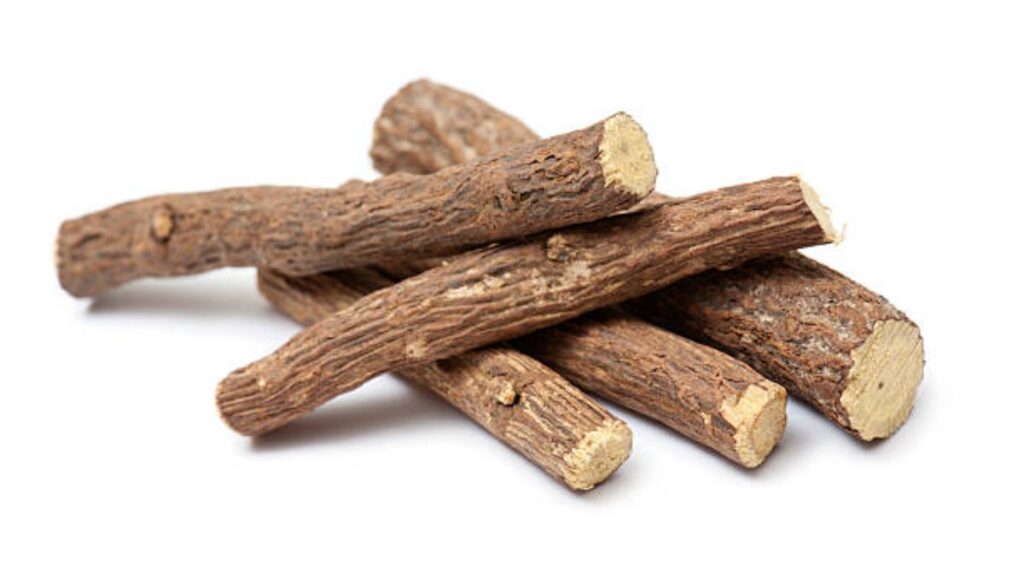
Cabbage Juice: Cabbage juice contains compounds that can help heal peptic ulcers. Drinking fresh cabbage juice daily may promote ulcer healing.
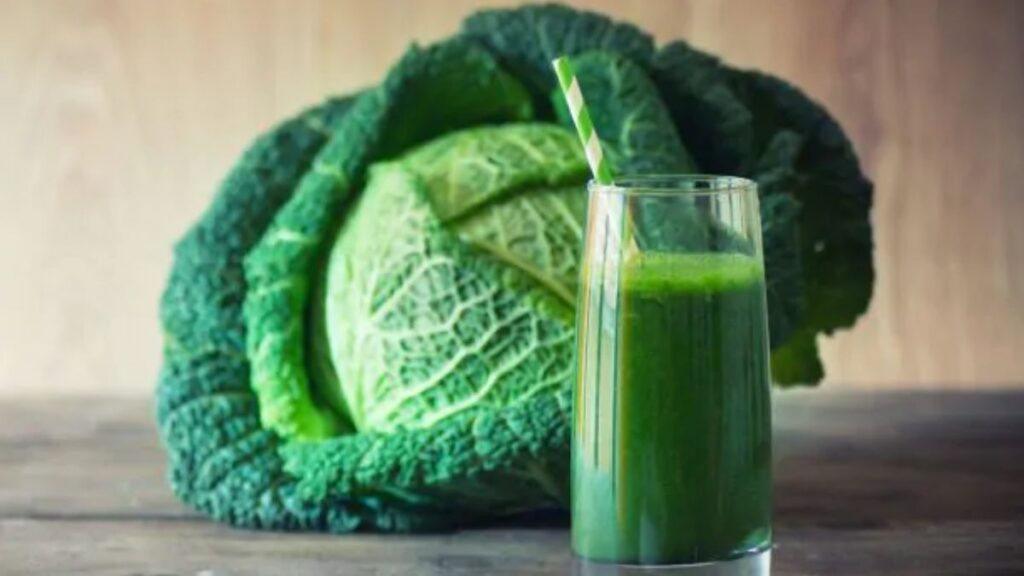
Probiotics: Probiotics can help restore the balance of beneficial bacteria in the gut and improve digestion. Consuming probiotic-rich foods or supplements may be beneficial.

Lifestyle Changes for Peptic Ulcer Relief
Dietary Adjustments: What you eat can significantly impact ulcer symptoms. Consider these dietary changes:
- Avoid spicy foods: Spices can irritate the stomach lining. Opt for milder seasonings.
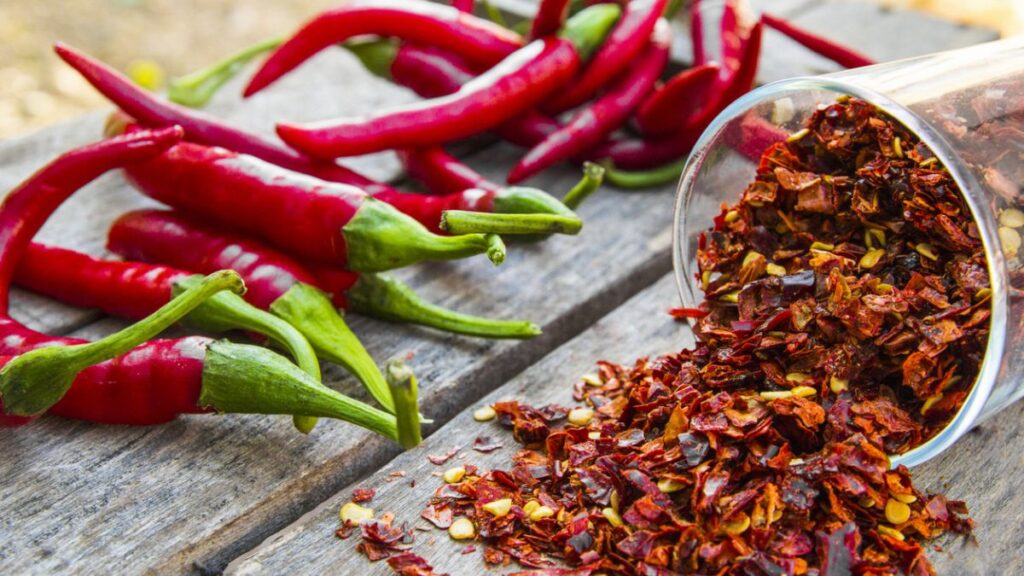
- Limit acidic foods: Citrus fruits and tomatoes can increase stomach acid production. Reduce consumption or choose low-acid alternatives.
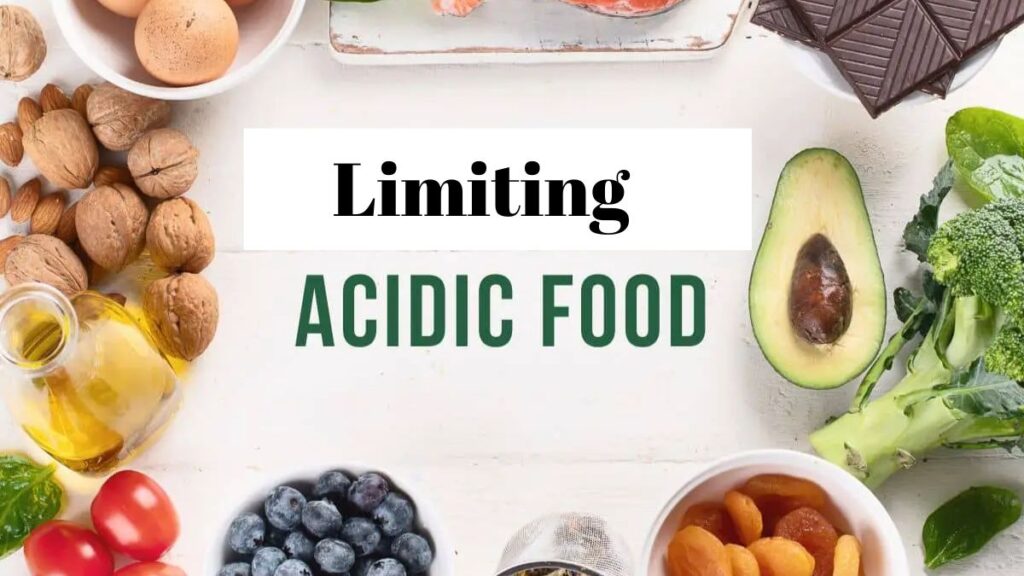
- Smaller, frequent meals: Eating smaller meals more often can reduce the workload on the stomach and minimize discomfort.

- Stay hydrated: Drinking plenty of water helps neutralize stomach acid and maintain healthy digestion.

Stress Management: Chronic stress can exacerbate peptic ulcer symptoms. Engage in relaxation techniques such as meditation, deep breathing exercises, or yoga to manage stress effectively.

Quit Smoking: Smoking increases stomach acid production and weakens the stomach’s protective lining. Quitting smoking can improve ulcer healing.

Limit Alcohol: Alcohol can irritate the stomach lining and exacerbate symptoms. Reducing or eliminating alcohol consumption is advisable.

Proper Medication Use: If your healthcare provider has prescribed medication, such as proton pump inhibitors (PPIs) or antibiotics for H. pylori infection, follow their instructions diligently.

Regular Exercise: Moderate physical activity can improve overall health and reduce stress. Consult your healthcare provider for exercise recommendations that suit your condition.

Conclusion
Natural remedies and lifestyle changes can play a vital role in relieving peptic ulcer symptoms and supporting the healing process. However, it’s essential to remember that these remedies are not a substitute for medical treatment. If you suspect you have peptic ulcers or are experiencing severe symptoms, consult a healthcare provider for a proper diagnosis and personalized treatment plan. Combining natural approaches with medical guidance can lead to effective ulcer management and improved quality of life.

